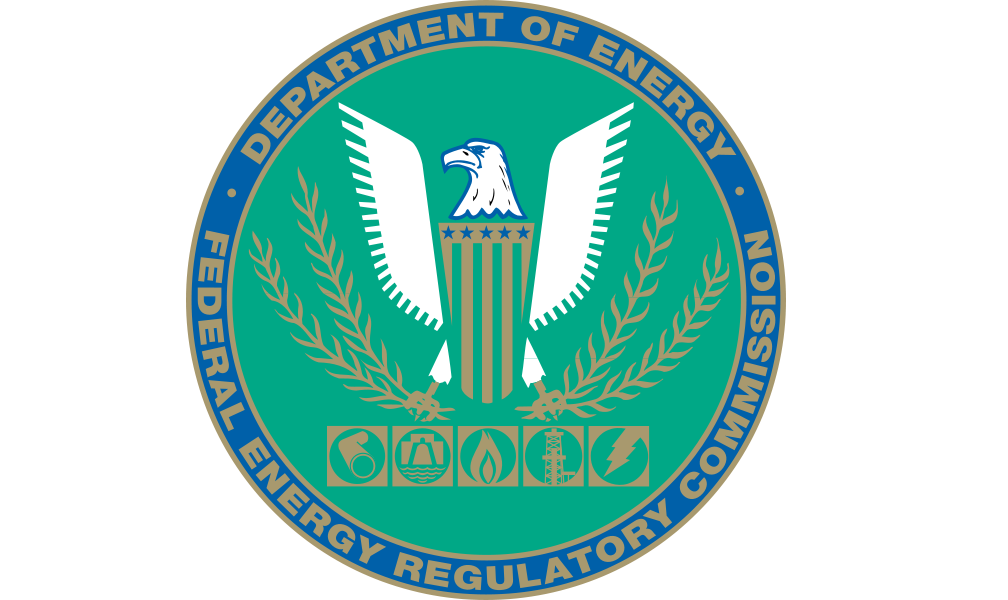December 2013, Vol. 240 No. 12
Government
FERC Non-Committal on House Permitting Reform Act: Senate Unlikely to Pass Without Changes

FERC commissioners still apparently have problems with the pipeline siting improvement bill the House passed on November 21 by a vote of 252-165. The Natural Gas Pipeline Permitting Reform Act (H.R. 1900) sponsored by Rep. Mike Pompeo (R-KS) would impose timelines on federal resource agencies when they analyze construction projects which have already finished their environmental review by the FERC.
At hearings in the House Energy and Power Subcommittee on December 5, Philip Moeller, the FERC commissioner who takes the lead on pipeline issues, repeated what he had said a few months back at earlier House hearings. He voiced concern that any timelines for the Environmental Protection Agency, Army Corps of Engineers, Bureau of Land Management and other federal agencies might force them to vote “no” on a potential pipeline project simply because they had run out of time. They would have to provide a thumbs up or down decision, including any remediation steps they demand, to the FERC within 90 days.
Instead, Moeller raised an alternative provision. “Another approach would be to provide the Commission with the authority to rule on whether the conditions that resource agencies submit appropriately balance the benefits and costs that these projects provide,” he stated. “Again, this would require a significant change in the various environmental laws for the relevant resource agencies.”
The Pompeo bill now goes to the Senate, which is controlled by Democrats. Chances of its passage there as is are not good given the objections to the bill Democrats voiced on the House floor. Rep. Henry Waxman (D-CA), said the bill would have the opposite effect of speeding up pipeline approvals. He echoed Moeller’s concerns, and went on to refer to the career director at the Office of Energy Projects at FERC “who testified that he didn’t believe that this bill would result in faster permitting.”
There is no Senate version of the Pompeo bill. Sen. Ron Wyden (D-OR) has said he is open to considering permitting changes in some sort of compromise bill with Republicans. But no bill has emerged.
The House subcommittee hearings were held to allow the four current commissioners, including the new acting Chairman, Cheryl LaFleur, to provide an overview of their thinking on a number of issues. LaFleur was asked to describe how her priorities might diverge from those of her predecessor Jon Wellinghoff, who was clearly uninterested in natural gas issues. LaFleur, who had only been “acting” chairman for two weeks at the time of the hearing, said she had been talking with the other three commissioners and trying to reach a consensus. Then she ticked off four issues which she apparently will focus on: 1) reliability and security, including resource adequacy, 2) Order 1000, which is an electric rulemaking, 3) making sure markets are fair, and they work to attract investment, and 4) infrastructure.
Then Rep. Bob Latta (R-OH) asked her where natural gas pipeline permitting fit in to her priorities. LaFleur responded, “I referred to that generally within infrastructure.”
One pipeline industry lobbyist who was at the hearings said LaFleur’s answer spoke volumes, and not in a good way. He said electricity issues will continue to dominate FERC time and energy.
Natural gas supplies also came up in another context, the siting of liquefied natural gas (LNG) facilities. The FERC currently has 13 construction applications for new export facilities. LNG exports have been something of a hot button issue, especially Department of Energy approval. Once a company receives FERC approval to build an export facility, it must submit a separate application to the DOE in order to export LNG to countries who do not have a free trade agreement (FTA) with the United States. One of the factors the DOE considers is national security. Exports to FTA countries do not need DOE approval.
Last May, the DOE gave Freeport LNG approval to ship 1.4 Bcf/d of LNG to non-FTA countries. Then, in mid-November, the DOE approved another 400,000 Mcf/d in LNG exports from the planned Freeport terminal. But the figure fell far short of the 1 Bcf/d the company asked for. Rep. Joe Barton (R-TX) asked LaFleur whether the DOE action was related to the FERC original construction approval, which was for a volume below what Freeport asked DOE for approval for in November. LaFleur answered that the better question was why Freeport asked for one volume from FERC, and then a higher one from the DOE.
Barton pursued the LNG topic against the backdrop of the blockbuster potential of shale gas exports which “affect strategic interests.” He said he had met the night before with representatives of the Russian energy industry. “They are very, very aware of the impact LNG exports will have in markets they now dominate,” he reported.
Rep. John Shimkus (R-IL) emphasized that LNG exports are “critical to our NATO allies such as Poland and Lithuania who want to stop extortion by Russia.”





Comments